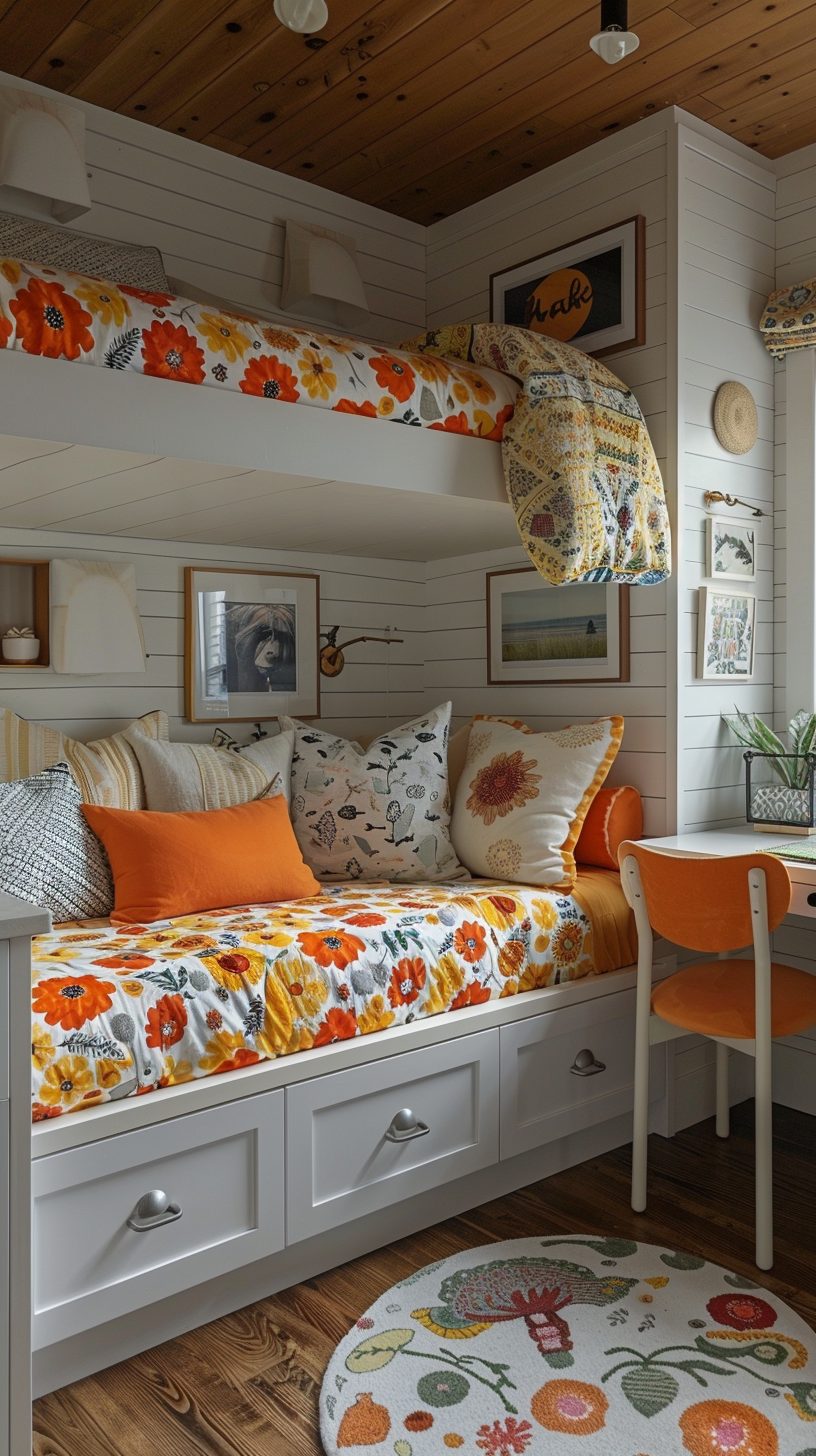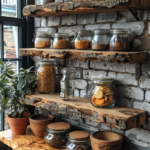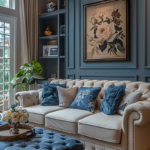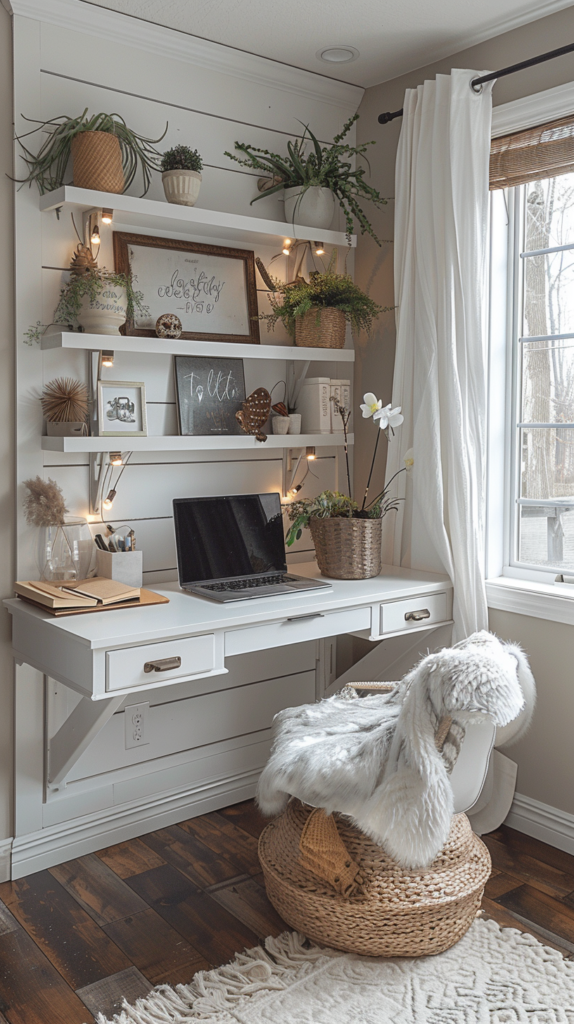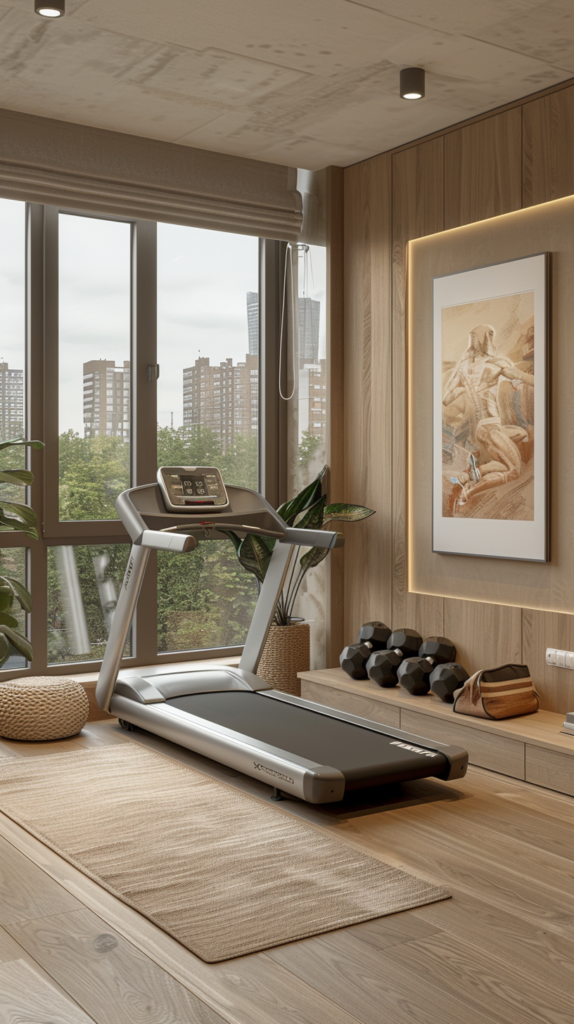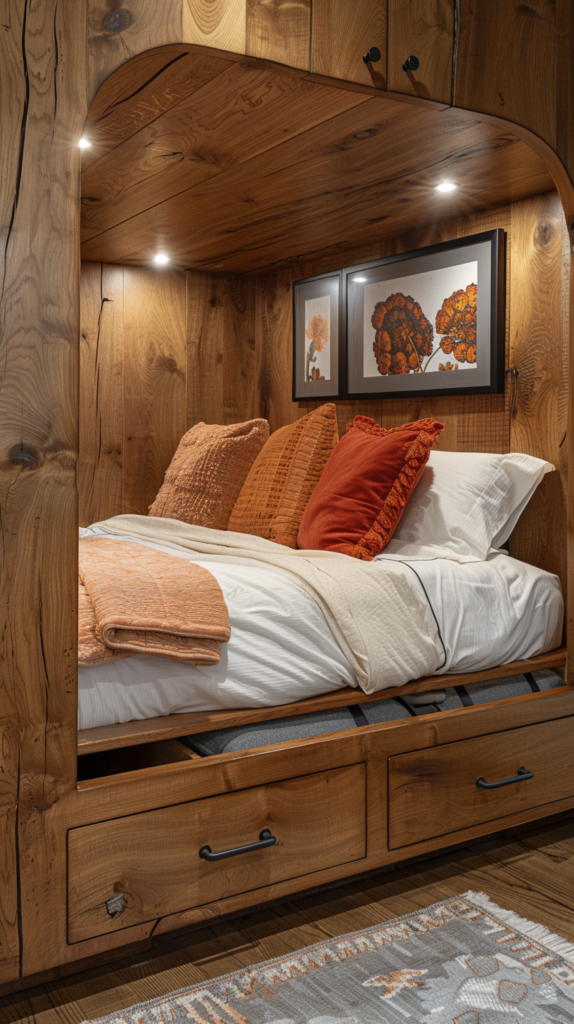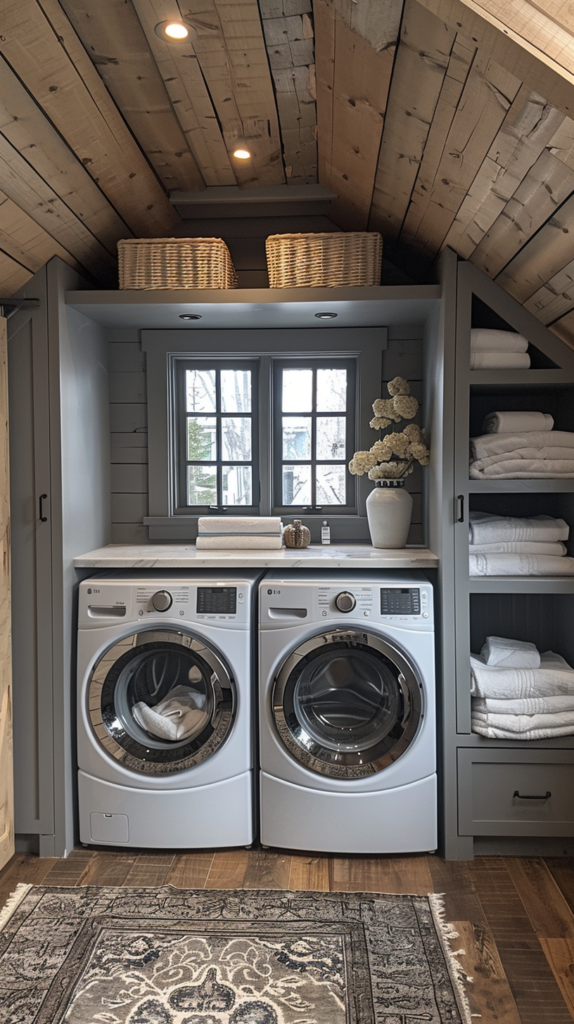Introduction
In small kids’ rooms, every inch matters. To maximize space efficiently while ensuring the room remains both functional and fun can be a challenging task. The key is to blend clever furniture choices with imaginative decor that supports your child’s needs and activities. This guide explores innovative solutions to help you make the most of every square foot in your child’s room.
Understanding the Challenges of Small Kids’ Rooms
1. Multi-Functional Needs
Balancing Play, Study, and Sleep
Kids’ rooms are designed to serve multiple functions. They need to accommodate areas for play, study, and rest. Achieving this balance within a small space requires thoughtful design. For instance, a loft bed can create additional space underneath for a study desk or play area.
Managing Storage Efficiently
Effective storage is crucial in maintaining order and reducing clutter. By using creative storage solutions, you can keep toys, clothes, and school supplies organized. Storage ottomans, built-in shelves, and under-bed storage are excellent options to consider.
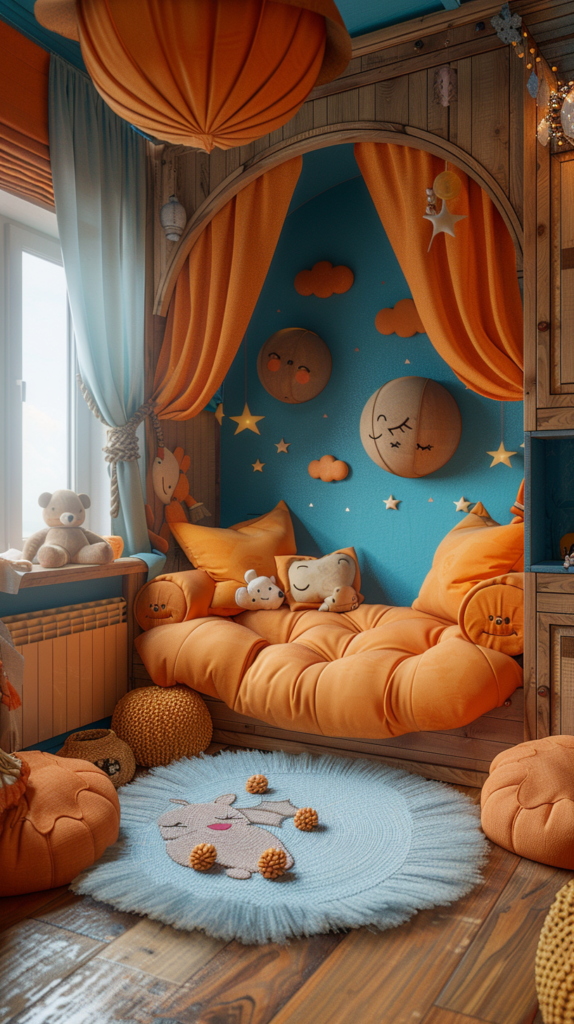
2. Prioritizing Safety and Comfort
Creating a Safe Space
Safety is essential in kids’ rooms. Ensure all furniture is sturdy and has no sharp edges. Securing heavy items to walls and using non-slip pads for rugs can prevent accidents. Regularly check for potential hazards to maintain a safe environment.
Providing Comfort
Comfortable bedding and seating are key components of a cozy room. Choose bedding that is both soft and durable, and opt for seating that supports relaxation. A well-designed room should support your child’s need for rest and play.
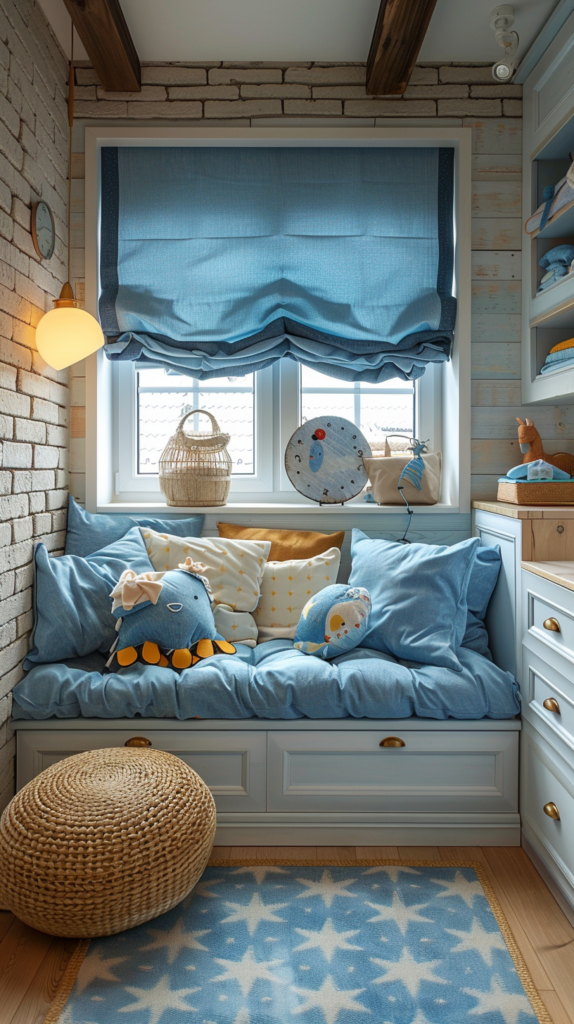
Clever Furniture Solutions for Maximizing Space
1. Multi-Functional Furniture
Convertible Beds
Convertible beds are versatile space-savers. Options like loft beds or beds with trundles provide additional functionality. For example, a loft bed can free up floor space for a study area or play zone, while a trundle bed offers extra sleeping space for guests.
Storage Ottomans
Storage ottomans offer dual purposes. They provide seating and also serve as storage units. Consider using them to hide toys, books, or extra bedding, which helps maintain a neat and organized room.

2. Built-In Furniture
Built-In Shelving
Built-in shelving makes the most of wall space. Install shelves high up to store books, toys, or decorative items. Custom-built shelves can fit perfectly into alcoves or corners, utilizing available space efficiently.
Under-Bed Storage
Under-bed storage solutions are ideal for small rooms. Using rolling drawers or bins under the bed can keep clothes, toys, or other items organized and easily accessible. This approach helps maximize the use of often-wasted space.
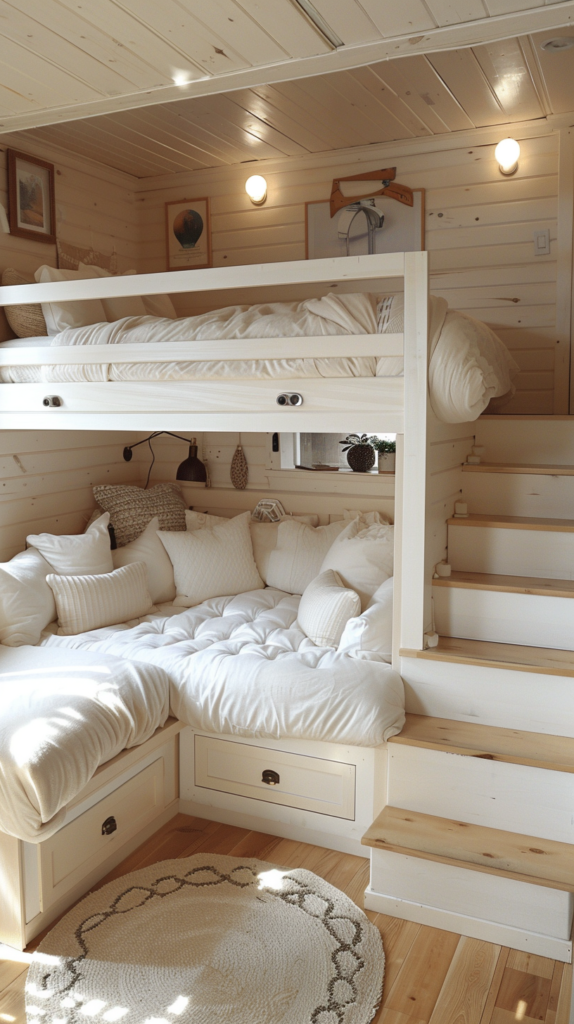
3. Modular and Adjustable Furniture
Modular Storage Units
Modular storage units are highly adaptable. You can reconfigure these units based on your child’s changing needs. Adjustable shelves and bins offer customizable storage solutions that grow with your child.
Adjustable Desks and Chairs
Adjustable desks and chairs are practical for growing children. These pieces can be modified to accommodate different activities and ensure proper ergonomics. Such flexibility supports both study and play needs.

Creative Decor Ideas for Small Kids’ Rooms
1. Utilize Vertical Space
Wall-Mounted Hooks and Racks
Wall-mounted hooks and racks are both practical and decorative. Use them for hanging bags, hats, or even artwork. These elements keep items off the floor and add a touch of visual interest.
High Shelving
High shelving is effective for storage in small rooms. Install shelves above eye level to store books or toys, thus freeing up floor space. This technique also keeps frequently used items accessible.
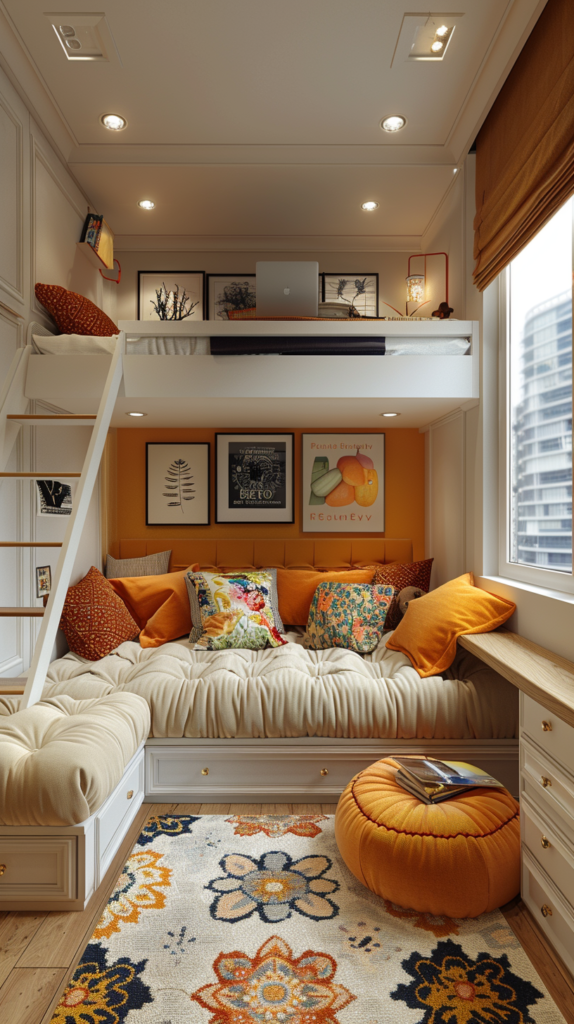
2. Color and Patterns
Bright Colors and Patterns
Bright colors and playful patterns can make a small room feel lively and engaging. Opt for washable paints and fabrics to maintain a fresh and vibrant look. Incorporating color and pattern adds personality to the space.
Feature Walls
Feature walls add visual interest without overwhelming the room. Choose wallpaper or decals that inspire creativity and align with your child’s interests. This approach can make a small space feel unique and exciting.
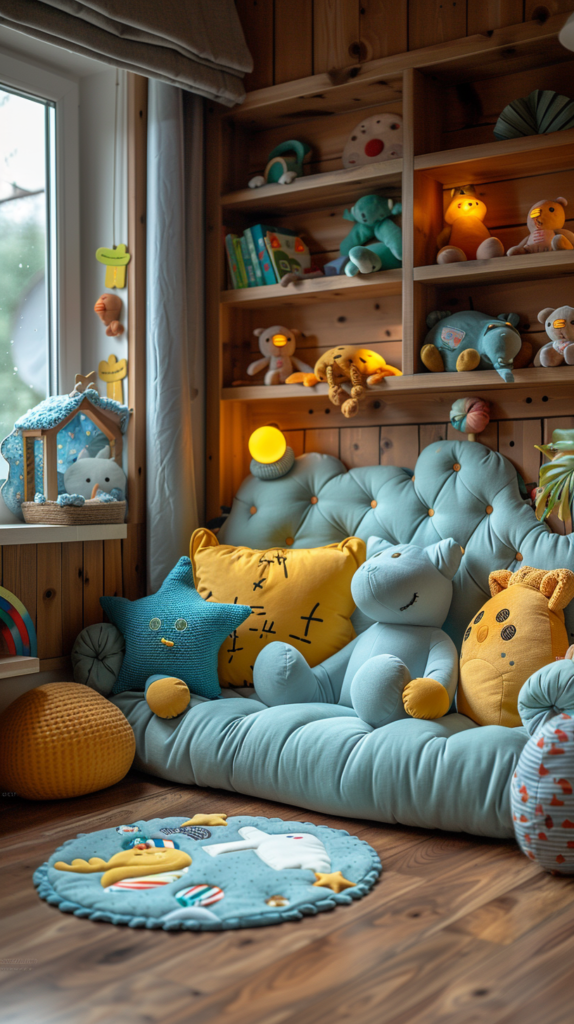
3. Interactive Elements
Chalkboard or Whiteboard Walls
Chalkboard or whiteboard walls provide a creative outlet for drawing and writing. These interactive features encourage creativity and can be easily updated as your child grows. They add a dynamic element to the room.
Playful Rugs
Playful rugs can define play areas and add a fun touch. Select rugs with educational or thematic designs that complement the room’s decor. Such rugs can also be easy to clean and maintain.
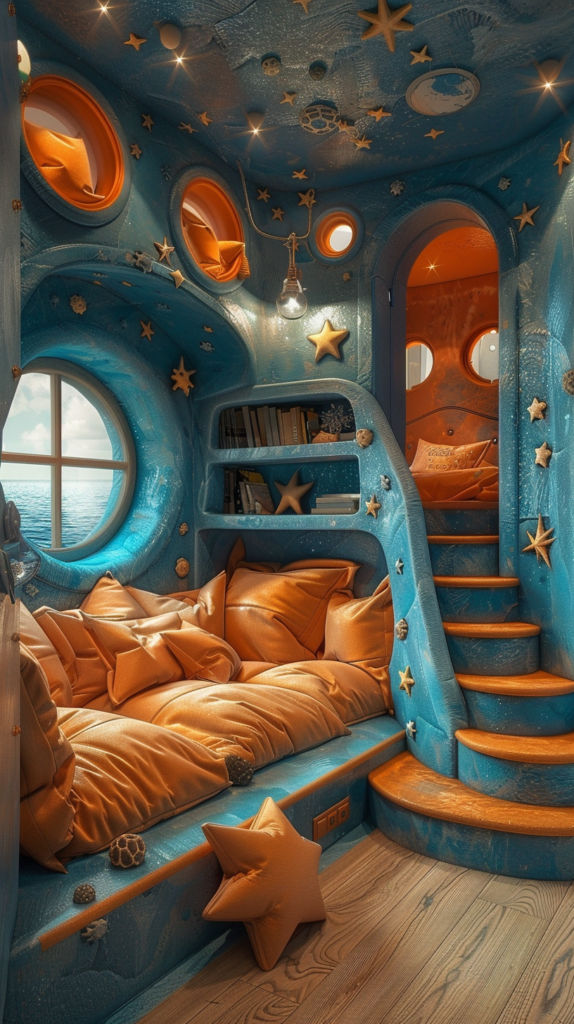
Space-Saving Storage Solutions
1. Over-the-Door Organizers
Utilize Door Space
Over-the-door organizers offer additional storage without taking up extra room. Use them for storing shoes, accessories, or small toys. This solution helps keep everything organized and easily accessible.
Hanging Pockets
Hanging pockets can be placed on doors or walls. They are ideal for storing smaller items like art supplies or stuffed animals. This approach reduces clutter and keeps essentials within reach.
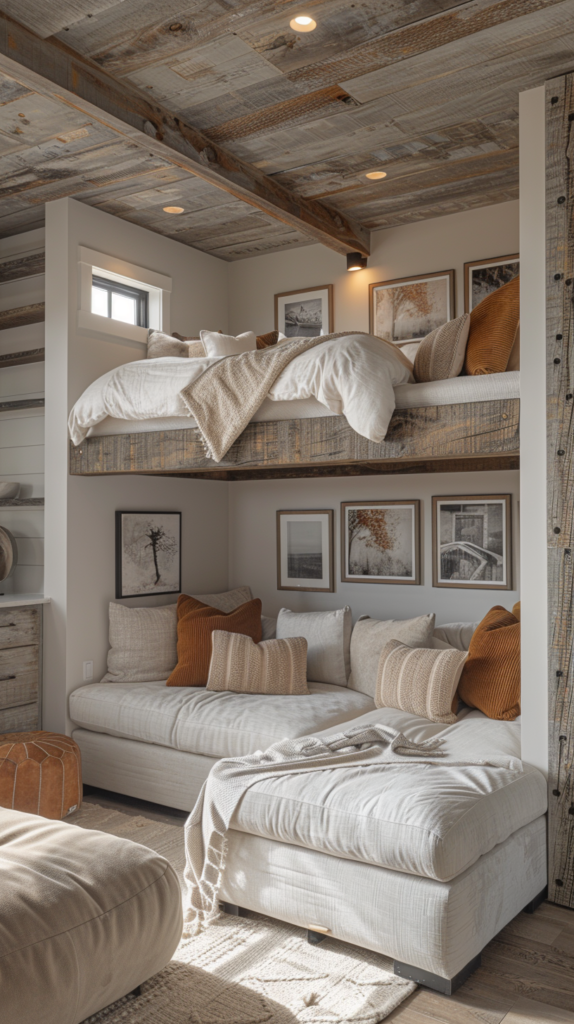
2. Drawer Organizers
Customized Drawer Inserts
Customized drawer inserts help maintain order within drawers. Use them to sort clothes, art supplies, or other small items. This ensures that everything has its place, making organization easier.
Stackable Bins
Stackable bins are useful for storing toys, books, or clothing. They maximize vertical space and can be labeled for easy identification. This method helps manage space efficiently.
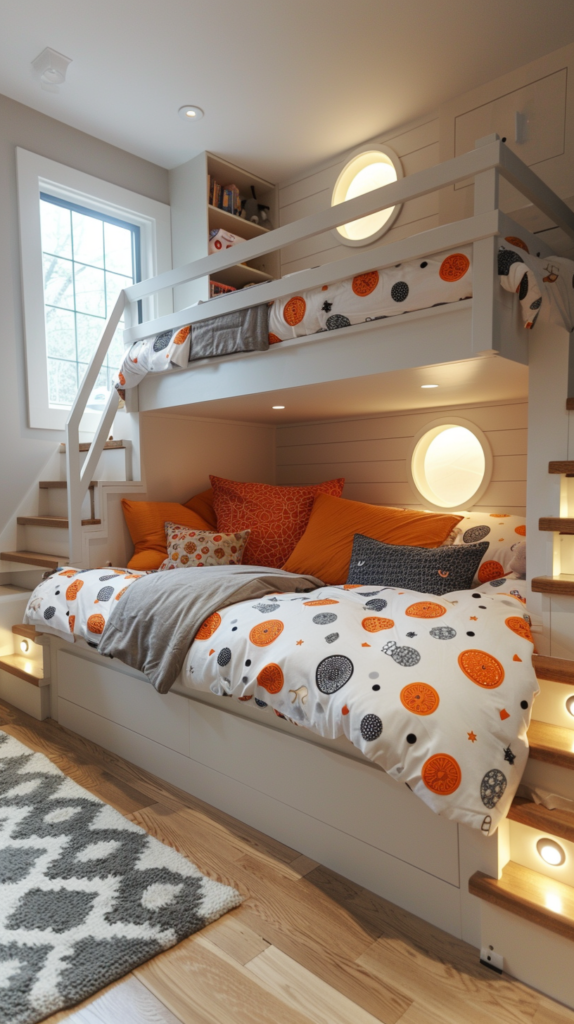
3. Clever Closet Solutions
Built-In Closet Systems
Built-in closet systems with adjustable shelves and rods can be tailored to fit your child’s needs. This helps maximize storage and keep the closet organized. Such systems adapt to changing storage requirements.
Clear Storage Bins
Clear storage bins make it easy to see what’s inside. Labeling these bins can further aid in organization and make finding items quicker. This solution is practical and visually efficient.
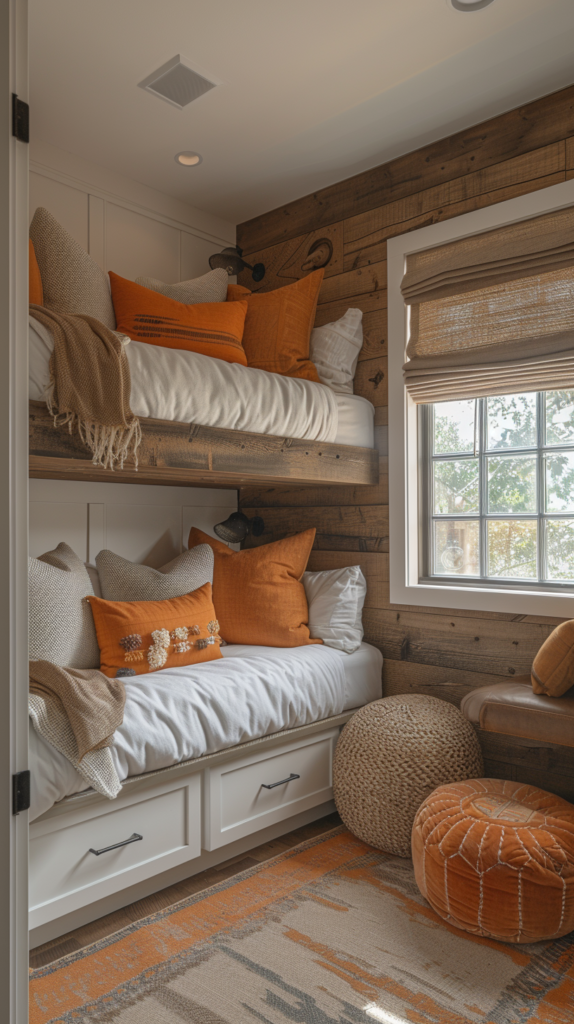
Maintaining and Updating the Space
1. Regular Organization
Declutter Periodically
Regular decluttering is essential for keeping the room organized. Set aside time to go through toys, clothes, and other items. This helps ensure everything remains in its designated place.
Reassess Needs
Periodically reassess the room’s layout to accommodate your child’s evolving needs. Adjustments may be required to support new interests or activities. Such flexibility ensures the room remains functional.
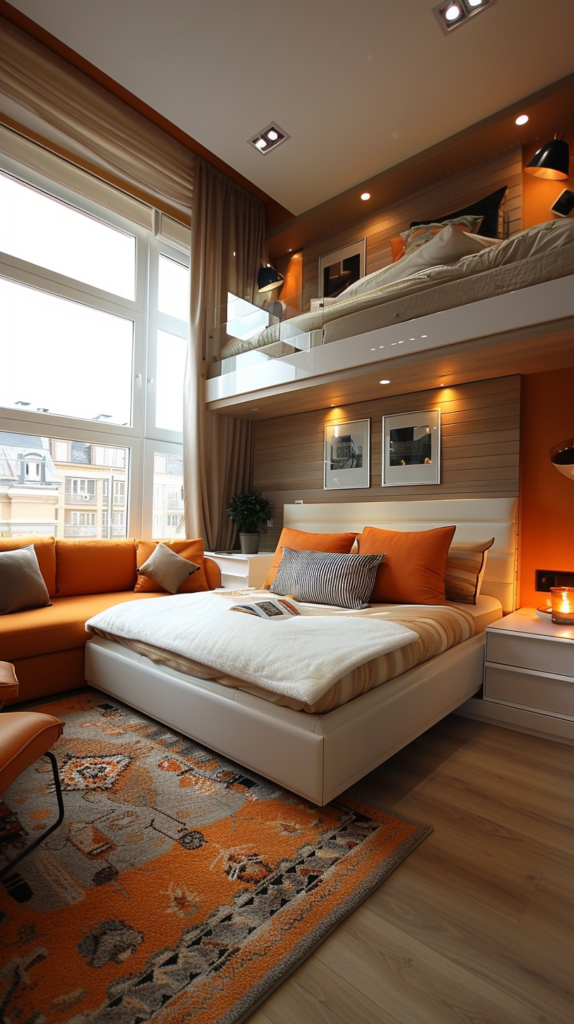
2. Seasonal Updates
Refresh Decor with the Seasons
Updating decor with the seasons keeps the room feeling fresh. Swap out bedding, rugs, or accessories to reflect seasonal changes. This approach adds variety and keeps the space engaging throughout the year.
Incorporate Seasonal Items
Adding seasonal items like holiday decorations or themed toys can enhance the room’s appeal. These elements add a touch of fun and keep the space lively and interesting.
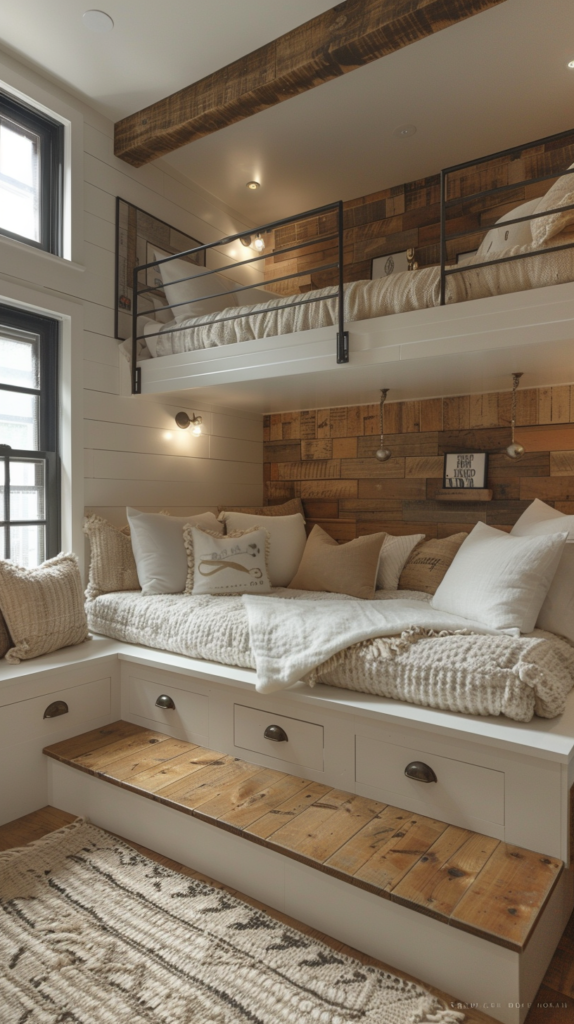
Conclusion
Maximizing space in kids’ rooms requires a thoughtful combination of furniture and decor. By incorporating multi-functional furniture, utilizing vertical space, and adding interactive elements, you can create a room that is both functional and charming. Embrace creative storage solutions and keep the space adaptable to provide a comfortable, organized, and dynamic environment for your child.
FAQs
What are the best multi-functional furniture options for kids’ rooms?
Convertible beds, storage ottomans, and modular furniture are excellent choices. These pieces provide both functionality and flexibility, adapting to your child’s evolving needs.
How can I effectively organize toys in a small kids’ room?
Utilize storage bins, over-the-door organizers, and high shelving. Labeling bins and incorporating clear storage solutions can also help manage clutter effectively.
What colors and patterns are best for small kids’ rooms?
Bright colors and playful patterns create an engaging atmosphere. Choose washable paints and fabrics for easy maintenance, and consider feature walls for added visual interest.
How can I make a small kids’ room more interactive?
Incorporate interactive elements such as chalkboard or whiteboard walls and playful rugs. These features encourage creativity and provide additional ways for kids to engage with their space.
What are some practical storage solutions for small kids’ rooms?
Use wall-mounted shelves, over-the-door organizers, and stackable bins to maximize storage. Custom closet systems and clear storage bins also help keep the room organized and functional.

